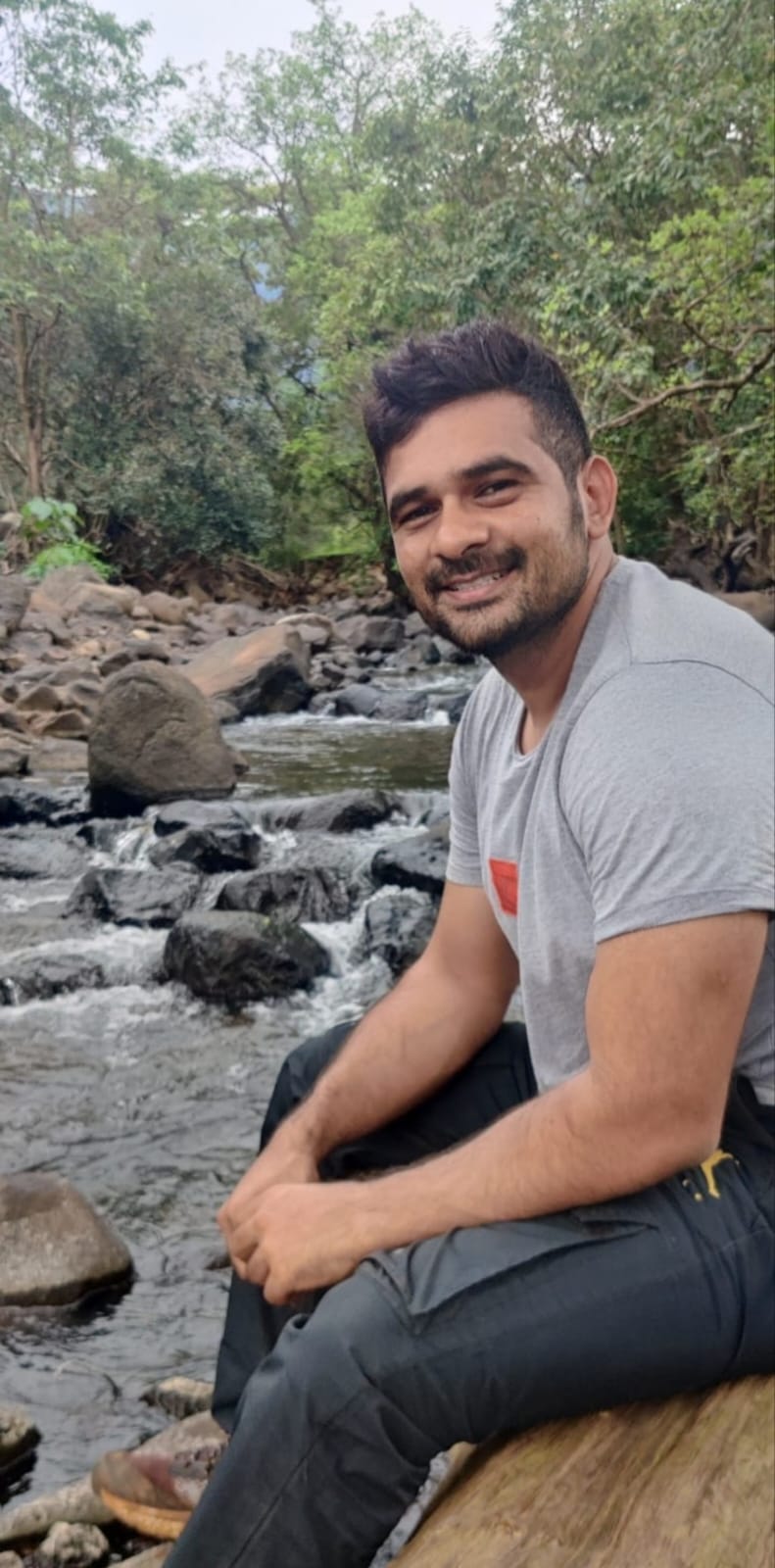Manndeshi Foundation


CURRENT IMPACT
As of July 2023
10+
Health camps conducted
2,500+
People served through health clinics, health camps and community volunteers (Sakhis)

Geographical Focus
- Satara district of Maharashtra

Potential Impact
-
5,00,000
people in the target districts

Prabhat Sinha Executive Director, Community Development Programmes, Mann Deshi Foundation

SAMRIDH’s generous support has enabled Mann Deshi Foundation’s Healthcare for All initiative to make a profound impact on rural women’s lives. Our state-of-the-art community health center, health camps, and the doorstep service provided by our community health workers, known as “health sakhis,” have made affordable, top-quality healthcare services accessible to those who need them the most. We are also focusing on our sustainability goals and expanding our program’s reach and meaningful impact by promoting more community-driven activities. For instance, farmers like Gandhari Pukale have been able to manage their knee pain through our advanced physiotherapy program, made possible with SAMRIDH’s support.
We are truly grateful for SAMRIDH’s unwavering commitment to rural communities in India, which extends far beyond financial support. Their team’s willingness to provide advisory support and networking opportunities has been invaluable, and we believe that this partnership will open up new opportunities and sources of capital to further our mission.

Samridh support
Mann Deshi has been supported by SAMRIDH for organizing health camps, building a network of community health workers – Sakhis, strengthening service delivery at their health centers along with promoting health-seeking behavior through doorstep healthcare delivery for vulnerable people from the intervention district.
1:1456
Is India’s doctor-to-population ratio, compared to the recommended standard of 1:1000. [1]
3.8:1
Is the urban-to-rural doctor density ratio, indicating that rural areas fare worse.[2]
The COVID-19-induced pandemic revealed major gaps in healthcare systems across the globe. In India, a limited number of hospitals, limited medical infrastructure, low availability of trained health service providers, and restricted healthcare access were exacerbated during the pandemic. The low population ratio to healthcare service providers and healthcare centers, especially outside of the concentrated urban clusters, needs urgent intervention for effective health system strengthening.
Healthcare for rural women
Mann Deshi Foundation, which works towards empowering women and their communities, has established a healthcare ecosystem in the drought-prone Man Tehsil area of Maharashtra’s Satara district, focusing on serving rural women. The entity has established two hospitals, operating on a public-private partnership model, one healthcare center with diagnostic facilities and two cardiac ambulances in the region. Their solution, Healthcare for Rural Women, utilizes the following service delivery models:
- Door-step Delivery model: Mann Deshi’s Health Sakhis conduct screenings at women’s homes for blood pressure, diabetes, anemia, and other health queries.
- Health camps: Held monthly for 7 days in collaboration with Gram Panchayats, providing screenings and diagnosis by doctors and gynecologists.
For women requiring further care after doorstep screenings, Mann Deshi’s health center acts as a primary healthcare facility and serves the entire catchment population. Additionally, Mann Deshi’s cardiac ambulances are also connected to the health center, health camps, and government hospitals for patient transportation.
Key Stakeholders


